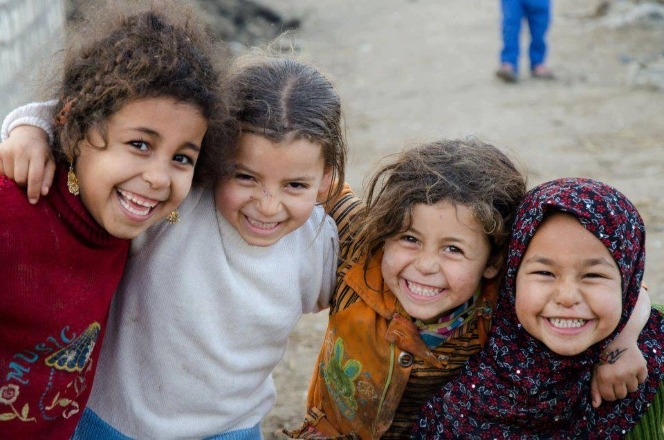It’s not the lack of education, or the religious customs, it is simply a brutal local tradition that brings nothing but fear, agony, and a lifetime of trauma to its victims. Female Genital Mutilation (FGM), often referred to as female circumcision, is a social issue that a number of countries suffer from, including Egypt.
As today marks the International Day of Zero Tolerance for Female Genital Mutilation (FGM), we decided to shed light on some of the campaigns that were launched to combat this harmful practice.
Most girls are forced to undergo this practice before or at puberty, with a higher prevalence among girls living in Upper Egypt. The practice was traditionally conducted by midwives or other women from the village, and later moved to health professionals and doctors.
What have we done to fight it?
Although FGM was criminalized by Egypt in 2008, it still continues to be practiced. But thankfully, it has shifted from a social norm to a crime. The Egyptian government passed stricter laws in 2016 upon anyone who performs FGM, with a penalty ranging from five to seven years’ imprisonment.
In 2013, the United Nations Population Fund (UNFPA) collaborated with the Ministry of Health and Population (MoHP) to hold workshops to promote anti-FGM messages and abandon the act of FGM across public hospitals and health care units.
Over the years, the United Nations Development Program (UNDP) in Egypt has launched several campaigns advocating against the practice of FGM.
Coinciding with the International Day of Zero Tolerance in February 2019, the NoFGM Ribbon, also known as the Zero Tolerance Ribbon, was launched by Impact BBDO in collaboration with the anti-FGM nonprofit organization, 28 Too Many, and Tadwein Gender Research Center in Egypt. The design of the ribbon is quite unique, and memorable, as it turns the universal symbol for awareness upside down and transforms it into the Arabic word for “no”.
Also last year, 28 Too Many, in partnership with the Rofayda Hospital Group and Tadwein in Egypt, launched a campaign where the ribbons were given to the parents of all newborn baby girls’ at Rofayda hospitals, along with their birth certificates, in addition to a pledge urging them to sign that they will not practice FGM on their daughters.
When speaking of initiatives that have been launched to end this deadly practice, we cannot forget to mention one of the most radical and influential feminists in Egypt; Dr. Nawal Al Saadawi. Saadawi has openly spoken and endlessly fought against the act of FGM in her books, mainly Women and Sex, and Women at Point Zero.
Egypt’s National Council for Women (NCW) has recently called on the Ministry of Religious Endowments to unify Friday sermons at mosques across the country to raise awareness about the dangers of FGM after the death of a 12-year-old girl who underwent the procedure last week in Assiut.



